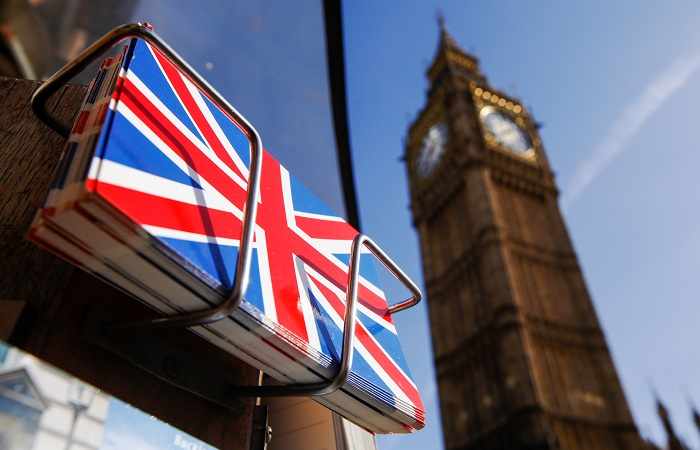The U.K. and the EU both want a Brexit reset. It seems like no one told the regulators.
As top technocrats prepare to meet Wednesday for talks on financial services, cracks are beginning to form around the edges of the steadily improving relationship.
And while it's usually the politicians held responsible for resurfacing Brexit-era wounds, this time the pencil-pushers only have themselves to blame.
Two major regulatory decisions taken by U.K. watchdogs have led to an outcry from Brussels, which could make for an awkward conversation as officials from the European Commission and the British Treasury meet in London Wednesday for the third in a now-regular series of U.K.-EU financial services talking shops.
“The risk always in these discussions is that the politics plays a role,” said a senior EU official, granted anonymity to discuss sensitive talks.
A combination of different leaders on both sides of the Channel, Donald Trump's return to the White House and challenging national politics in the pursuit of growth means this week's important talks will be held in an atmosphere tempered by jostling for global standing by the two sides.
Banking headaches
Five years after Brexit created a seismic shift in the EU’s finance sector by cleaving off its biggest market and most influential voice in financial services rulemaking, the wounds were beginning to heal on both sides.
A partnership agreement had been signed, allowing for twice-yearly financial services talking shops, and top regulators were working together on issues from green finance to shadow banking rules to shortening the settlement cycle.
But two decisions by British watchdogs, both of which have a direct effect on the EU, blindsided Brussels and threatened to derail the process.
Just days before Trump returned to the Oval Office on Jan. 20, the U.K. surprised Brussels by delaying its introduction of global banking rules — rules that the EU had already enacted into law (with the exception of one part that was delayed).
U.K. finance minister Rachel Reeves, in a volte face from a cozy meeting with her Eurozone counterparts in December. | Pool Photo by Peter Cziborra via Getty Images
Officials on the EU side fumed that the U.K. was taking part in a race to the bottom on finance rules and anticipating a sweeping deregulatory agenda from Trump.
“In a general sense we were not expecting it,” the senior EU official said, adding that the EU side had been operating on the basis that the U.K. would implement the global rules, known as Basel III, at the same time.
U.K. finance minister Rachel Reeves, in a volte face from a cozy meeting with her Eurozone counterparts in December, said Britain has “gone ahead of other European countries,” at the World Economic Forum last month, adding: “We’ve had that flexibility. We can be more nimble. We are taking advantage of that.”
Meanwhile, the U.K.'s tiny payments watchdog caused ripples across the Channel by plowing ahead with a proposal to cap fees charged on card transactions, which European payments companies have claimed will hike their costs. EU lawmakers say the plans could breach the Brexit deal.
Even one area of potential good news for the U.K.'s financial services industry — the EU’s recent decision to extend the recognition of U.K. financial plumbing known as clearinghouses — has been met with mild exasperation.
After its attempts to shift more clearing activity away from London’s dominant LCH and ICE Clear Europe to European clearinghouses fell flat, Brussels extended its recognition of U.K. clearinghouses to 2028 in a fast-tracked process which has caused political drama in the EU capital.
Although British officials are pleased to have some relief from a looming mid-2025 deadline, they’re not happy that the 2028 date has, in the words of one U.K. official, “just created another cliff-edge” which will need to be re-negotiated in a few short years.
Happily ever after
On both sides of the Channel, politicians are desperately trying to prove to voters that they can grow their respective economies — with Reeves and her Prime Minister Keir Starmer even using Britain's sluggish growth as a stick to whack the watchdogs with, and each side more intent on protecting their own industries from possible Trump tariffs.
So despite potential cracks in the relationship, the regulators have more in common than do their political masters: Both are more focused on financial stability than on “competitiveness,” despite political leanings toward the latter, the senior EU official said.
"We're not Pollyanna. We know this is going to be a long road, but are we seeing a small movement in terms of positive and constructive engagement? I think we can say yes," said one City lobbyist, granted anonymity to speak freely.
Meanwhile, another City of London lobbyist argued that Wednesday's meeting will be a chance to air any grievances.
Politico
More about:
















































